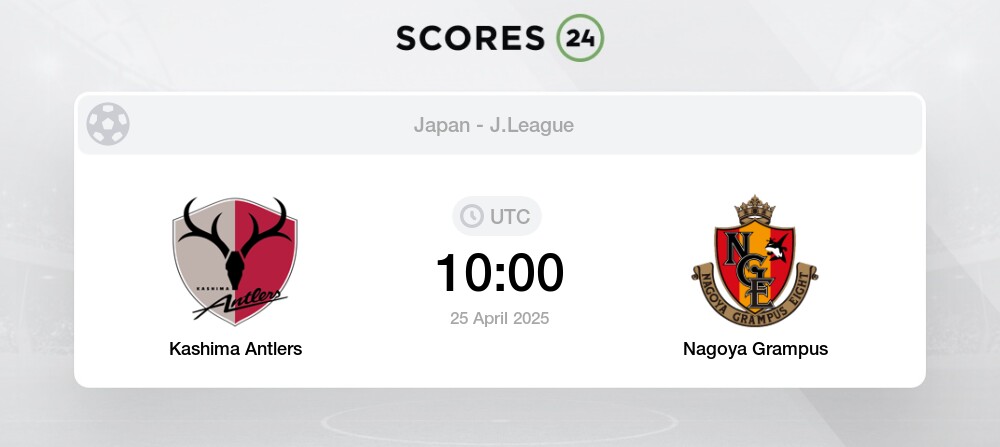China Courts Kenya Amidst Global Trade Tensions, Xi Vows Continued Support
BEIJING, April 24, 2025 (Archyde.com) —
Chinese President Xi Jinping affirmed China’s commitment to Kenya during a meeting with Kenyan President William Ruto in Beijing on Thursday, April 24, 2025, stating that “regardless of international changes, the China’s Sincerity, Friendship and Good Faith policy towards Africa will not change.” The meeting occurred against a backdrop of ongoing trade disputes and shifting global alliances, prompting scrutiny from Washington regarding China’s growing influence in Africa.
Xi Emphasizes Shared Prosperity,defends Global Trade
Amidst what he characterized as a moment of “world uncertainty” stemming from trade tensions,Xi assured Ruto that China would not deviate from “the original intention of China and Africa to share their wealth,” according to the official Xinhua news agency. Xi positioned China as a champion of multilateralism, stating that china “is willing to work with other countries in the world to defend international trade rules and protect international equity and justice,” while warning that “no one wins in a commercial war.”
Xi also extended an invitation to Kenyan businesses, noting that “China’s huge market has always been open to Kenya’s high quality products,” and encouraging more companies in the African country to invest and do business in the Asian giant.
Ruto Hails China’s Stabilizing Role
President Ruto echoed Xi’s sentiments regarding the disruptive nature of current trade conflicts, stating that “the commercial war undermines the existing international rules and order.” He further emphasized Kenya’s reliance on China as a global anchor, stating that his country “values the role of China as a stabilizer in the current turbulent situation and as a protector of the legitimate rights and interests of the countries of the ‘Global South’.”
Expanding on the strategic alignment between the two nations, Ruto declared that China and Kenya “have a common vision of cooperation, adhere to a approach focused on people and are strategic partners at all times.” Ruto also “thanked the government and the people of China for their selfless help to improve Kenya’s infrastructure and respond to natural disasters.”
Cooperation Agreements Signed, Reflecting Deepening ties
Following the bilateral discussions, the two leaders oversaw the signing of 20 cooperation documents spanning diverse sectors, including high technology, cultural exchanges, economy, and media. These agreements underscore the broadening and deepening of the relationship between China and Kenya.
Ruto’s visit held particular meaning as he was “the first African leader who visits China since the tariffs imposed by Trump this month to numerous countries,including China and kenya,shook the international commercial landscape and caused geopolitical turbulence.”
Analysts suggest that Kenya, traditionally viewed as a close ally of the United States, is strategically seeking to diversify its economic partnerships.”That Beijing welcomes Ruto in the middle of the climbing of geopolitical and commercial tensions with the United States is a victory for China in terms of image,” said Adhere Cavince, an International Relations researcher based in Nairobi.
U.S.Concerns and China’s Growing Influence
The strengthening ties between China and Kenya raise concerns in Washington,where policymakers are closely monitoring China’s expanding economic and political footprint in Africa. Some analysts fear that China’s infrastructure investments, often financed through loans, could lead to debt dependency and give Beijing undue influence over African nations. However, proponents of china-Africa cooperation argue that these investments are crucial for addressing Africa’s infrastructure deficit and promoting economic growth.
While the U.S. has historically been a significant partner for Kenya, recent shifts in U.S. foreign policy,including aid reductions and trade protectionism,might potentially be contributing to Kenya’s willingness to explore option partnerships with countries like China.As China “imposes tariffs and withdraws aid” to its partners, nations such as kenya are forced to seek new arrangements.
However, critics argue that China’s investment strategy sometimes prioritizes its own economic gains, perhaps overlooking the nuanced needs and long-term sustainability of African nations. A report by the African Policy Institute indicated that while Chinese investment has been instrumental in infrastructure growth, concerns remain about transparency and equitable benefit-sharing.
The Debt Trap Narrative: A Counterargument
One frequent criticism leveled against China’s engagement in Africa is the “debt trap diplomacy” narrative, which suggests that China intentionally saddles African countries with unsustainable debt to gain political leverage. However,this view is contested by some analysts who argue that African governments willingly seek Chinese financing due to its accessibility and favorable terms compared to Western lenders. Moreover, they contend that focusing solely on debt overlooks the broader benefits of Chinese investments, such as infrastructure development and job creation. The World Bank reports that while debt sustainability is a concern in some African nations, it is not solely attributable to Chinese lending, and factors such as commodity price volatility and domestic fiscal management also play a significant role.
FAQ: China-Kenya Relations and U.S. Implications
- What is the significance of President Ruto’s visit to China?
- President Ruto’s visit highlights the strengthening economic and political ties between Kenya and China, especially amidst global trade tensions.it also signals a potential diversification of Kenya’s partnerships beyond conventional allies like the United States.
- how does China’s economic engagement in Kenya compare to that of the U.S.?
- China has become Kenya’s largest bilateral creditor and a key trading partner. China’s focus on infrastructure investment differentiates it from the U.S., which has historically prioritized aid and governance programs.
- What are the potential risks and benefits of kenya’s growing reliance on China?
- Potential risks include debt dependency and potential loss of sovereignty. Benefits include infrastructure development, increased trade, and access to new markets.
- How is the U.S. likely to respond to the deepening ties between China and Kenya?
- The U.S. may increase its diplomatic and economic engagement in Kenya and other African nations to counter China’s growing influence. This could involve increased development aid, trade agreements, and investment incentives.
- What role does the U.S. play in kenya’s infrastructure and natural disaster relief efforts?
- Historically, the U.S. has been a key contributor to humanitarian and disaster relief efforts by the Kenyan government. it is likely they will continue support even as China’s influence increases.








